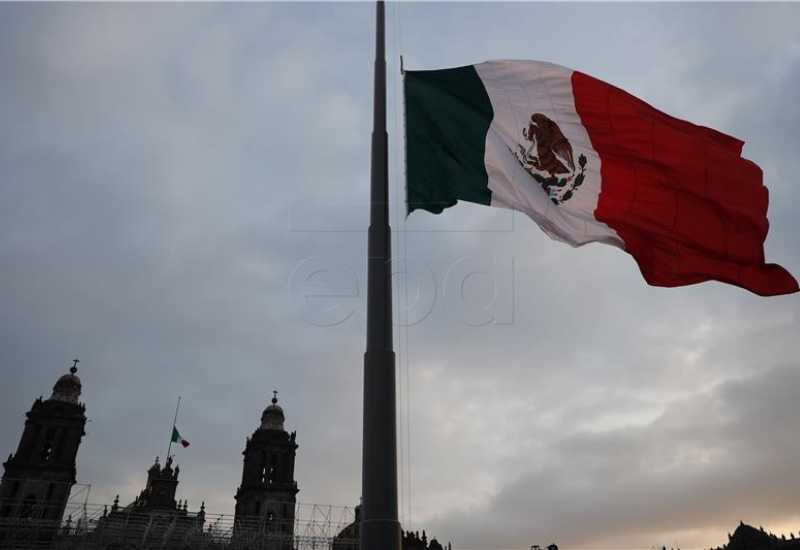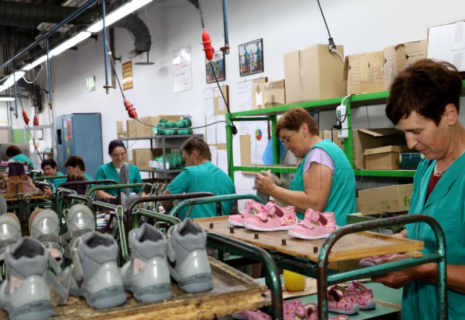
Croatian legacy in Mexico: Diaspora traces its roots
Currently, 800 Croats and their descendants have been registered in Mexico, but the total number should become clear once the database is completed, Laura Martin del Campo Steta, the Croatian honorary consul in the Latin American country, said in an interview with Hina.
"We are currently conducting research with the support of the Central Office for Croats Abroad to determine how many Croats and their descendants there are in Mexico," said Steta, a lawyer, who is attending the 8th South American Croatian Diaspora Meeting in São Paulo, CE Report quotes HINA.
"The Office has helped us contact many Croats and bring them together for a shared project of building a community, fostering friendly ties with other Croatian organisations and finding distant relatives in other countries," she added.
In Mexico, a country with a population of 127.5 million, the Croatian-Mexican Association has been established. In addition to offering activities such as Croatian language lessons and cooking, its website, asociacioncroatamexicana.org, features a form in Spanish for Croats and their descendants to complete.
"For now, we have around 800 Croats registered, but there are more, and we are trying to locate them and create a database so we can continue integrating this community where, besides living together, we also share and promote Croatian culture," Steta said.
She noted that most Croats in Mexico come from Dalmatia.
Croats from Dalmatia emigrated to North and South America in the 19th and 20th centuries for economic and political reasons.
"Most of us are descendants of the third generation or more, and we don't speak Croatian well," Steta said. "But we share a common desire to learn about Croatia, its customs and its history. Almost all of us have relatives in various places in Croatia."
Croats live in different regions of Mexico, including Baja California and Sonora, as well as the cities of Monterrey and Guadalajara. Some are in Cancun, Puebla, and many in Mexico City.
This year, the Croatian community will continue to build the database of Croats in Mexico, which includes collecting and publishing family histories.
"We will network with other Croatian organisations in the diaspora," Steta said.
Last year, to mark the debut of the Croatian folklore ensemble Lado in Mexico, they held an exhibition showcasing the progress of their research. The exhibition included the history of Croatian emigration to Mexico, illustrated with images and charts.
"It was very successful," Steta noted.























